 Darcella Craven, President and Chief Fear Conqueror of the Veterans Business Resource Center, VBRC, is a real champion for veterans. With a colorful personality, she shared exceptional and valuable information with us on the GOVCON GIANTS Podcast.
Darcella Craven, President and Chief Fear Conqueror of the Veterans Business Resource Center, VBRC, is a real champion for veterans. With a colorful personality, she shared exceptional and valuable information with us on the GOVCON GIANTS Podcast.
Thanks to Public Law 106-50 in 1999, the non-profit agency was created. Since 2004, Craven has assisted veterans with startups and expansions of small business, in Missouri, Kansas, Iowa, Nebraska and Southern Illinois.
However, they are also part of the nationwide Veterans Business Outreach Centers, VBOC, where they basically work as business consultants and assist in transitioning military members and their families.
Under that program, they conduct two-day entrepreneurship trainings on the military post, called “Boots To Businesses,” where experts in different fields come in to speak on a variety of topics and the directions you can go once you exit. They equip veterans with the knowledge and communication skills needed in their entrepreneurship journey.
With more than 18 million veterans in the US, either you or someone you know will be able to benefit from the information Darcella Craven gifts.
HOW DO YOU FIND OUT ABOUT VBOC?
- If you’re in the military, the TAP office will be the first place as you transition out.
- If you’re not on the military post, “Reboot Boots to Business” is the way to go.
- Sign up on their Facebook page, “Vetbiz.”
- Check out the website for a list of classes across the country.
TRANSITIONING OUT OF THE MILITARY, FEAR, AND STRUCTURE
 With all of the resources available, it can become overwhelming to know which way to go. Naturally, there can also be a feeling of fear when trying to leave something you’ve been exposed to for so long and are transitioning into something new and less structured.
With all of the resources available, it can become overwhelming to know which way to go. Naturally, there can also be a feeling of fear when trying to leave something you’ve been exposed to for so long and are transitioning into something new and less structured.
“In the military, I know when I’m getting up, where I’m supposed to be, what clothes I’m wearing. Someone tells me when I go to the dentist. Somebody tells me when I go to the doctor. Someone tells me when it’s time to eat and when it’s time to go home, right? Now, there’s a lot of flexibility in there doing my job, but quite frankly, it’s structured. One of the biggest things that we do hear from our clients is just the interpretation of when I get out, what? Who’s going to tell me what to do and how do I find that structure?” states Craven.
This can be scary. However, with proper guidance and community, it doesn’t have to be.
VBOC has 22 centers and while they all work a little bit differently, Craven focuses on “the why” of small business and directing people on a clear path. She focuses on mindset change and management of your language in small business.
“How we do it is, I don’t just say, ‘Hey, here’s a new resource, good luck.’ I say, ‘If you’re looking for this, use this resource. If you need this, go to this webinar.’ I try to make clear paths for people. There is so much information out there. You can completely get lost in it and then, you’re just swimming around in information and you don’t know how to use it.”
YOUR GOALS

Identifying your goals is major when transitioning and to help keep you on track. Having a certification doesn’t automatically mean you will be making millions.
So where does this myth come from?
“It’s the guy in the question mark suit who at two o’clock in the morning. He said, ‘You’re missing out on all the free money.’ It’s bad information passed down from person to person. And quite frankly, it’s our American belief that there’s something out there that we’re all missing because I read a book and the guy said he was homeless one week and four weeks later he was a millionaire and he found the secret and I don’t have it.”
But according to Craven, that isn’t enough. It’s not concrete information.
“That’s wonderful when you’re reaching and you’re striving and you’re going for goals, but unfortunately, if we don’t also shore that up with actual facts and information and how to, then all you basically do is dream all day. So, part of what we’re supposed to do is help them go, okay, yeah, this is the big goal. The dream. The moonshot. Now, let’s see how you get there, right?”
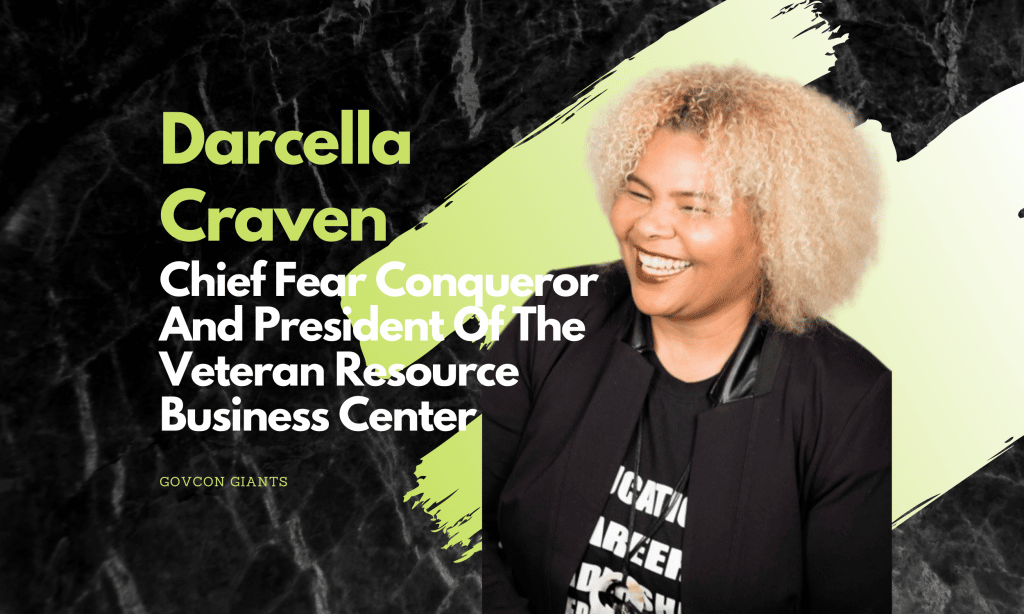
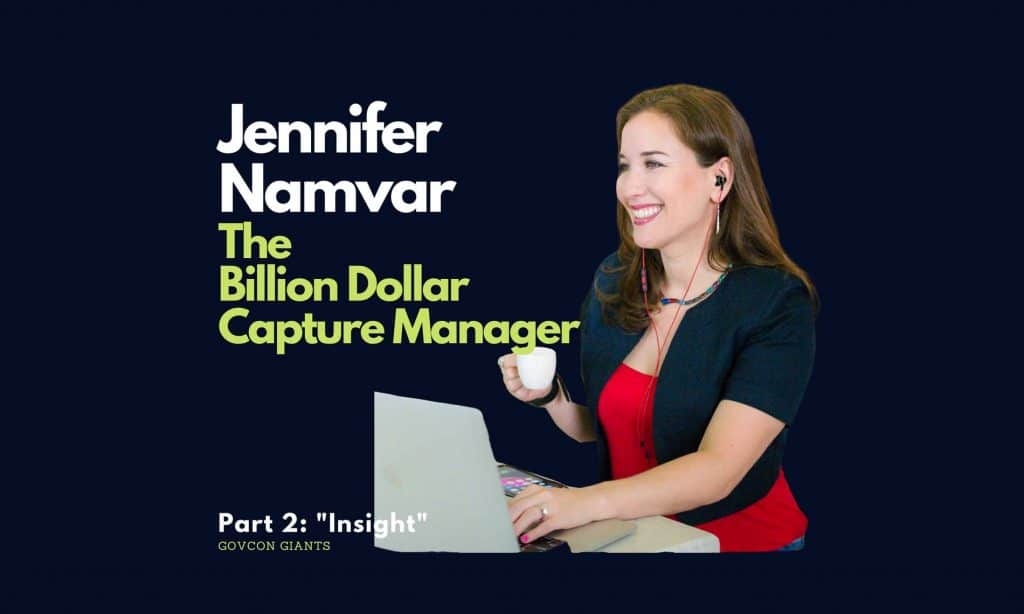

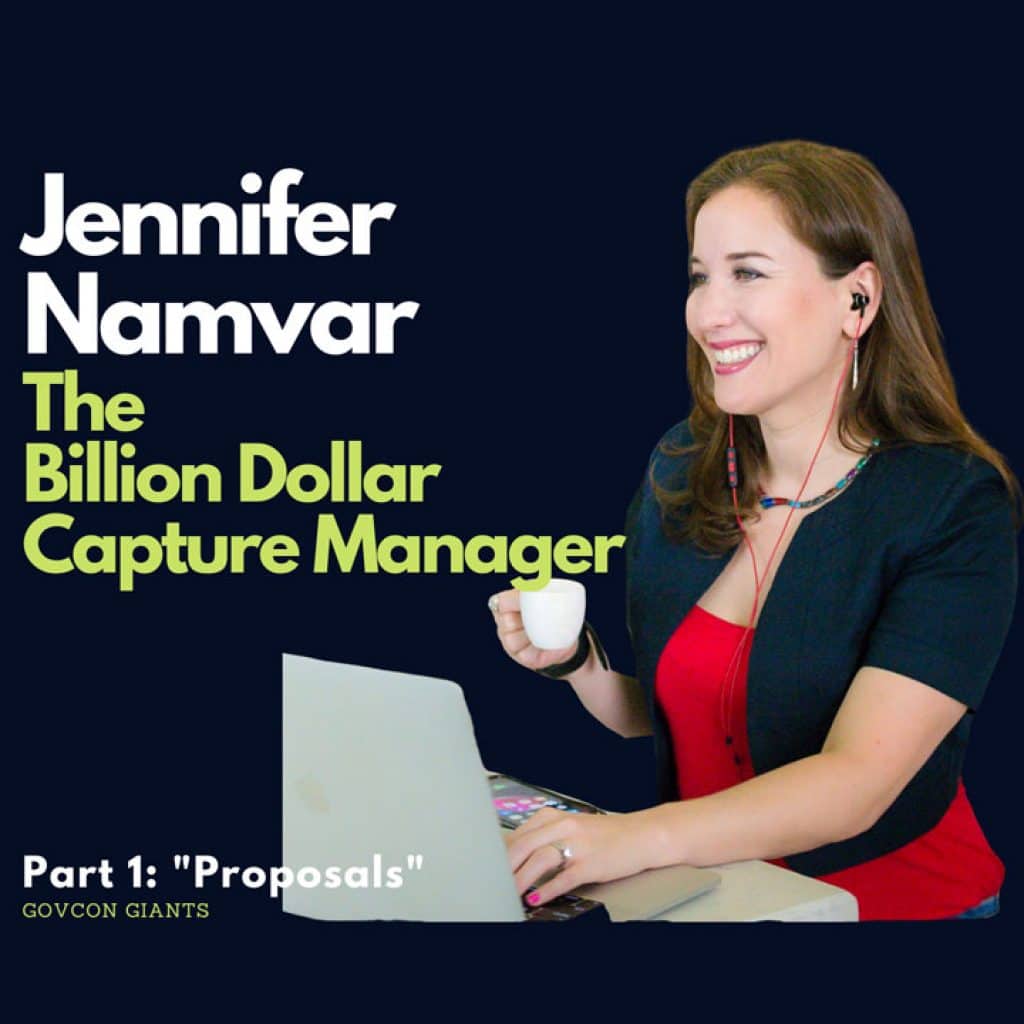
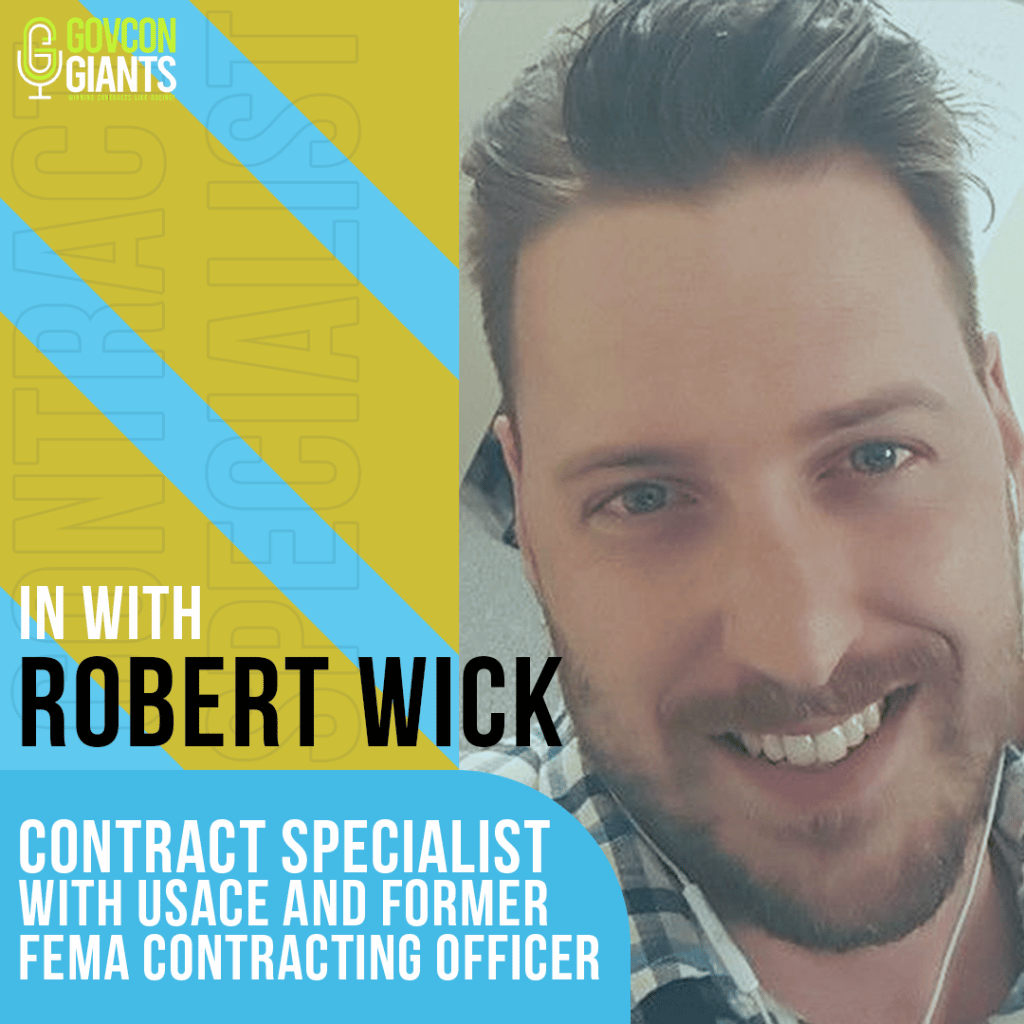

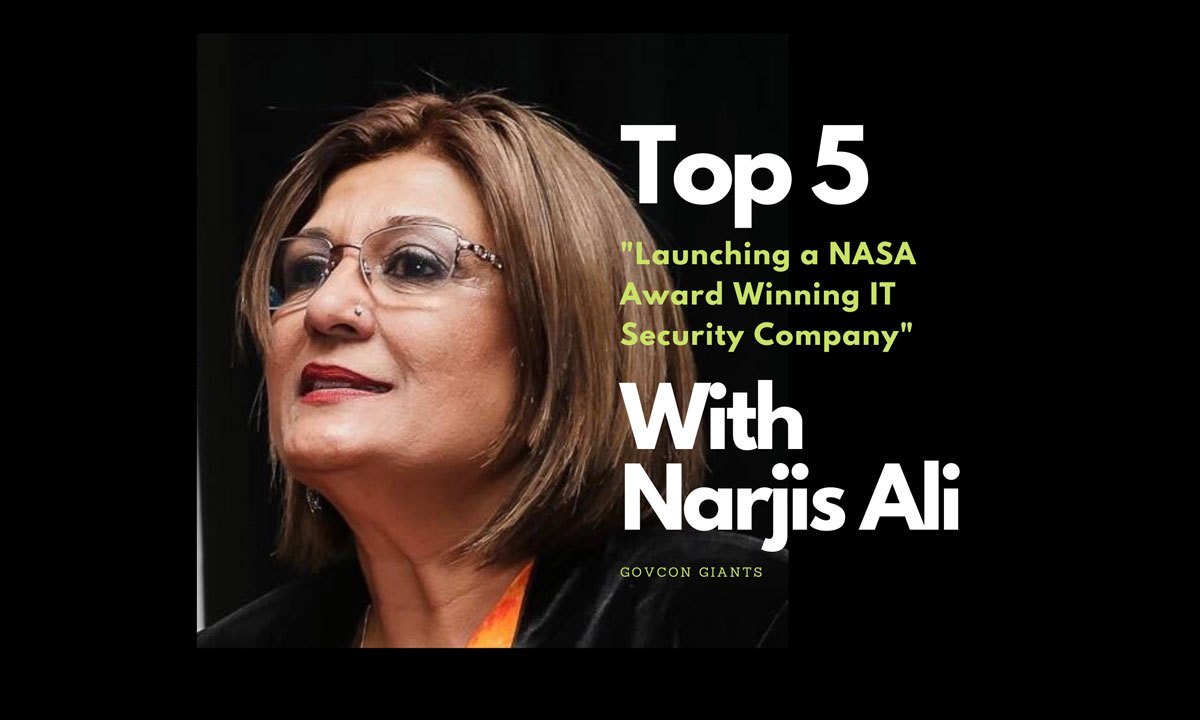
 “The most important thing was that we want to take people that matter, to places that matter…I think that means the world to me. When I see people that we’ve been trying to grow, grow and go to places.”
“The most important thing was that we want to take people that matter, to places that matter…I think that means the world to me. When I see people that we’ve been trying to grow, grow and go to places.”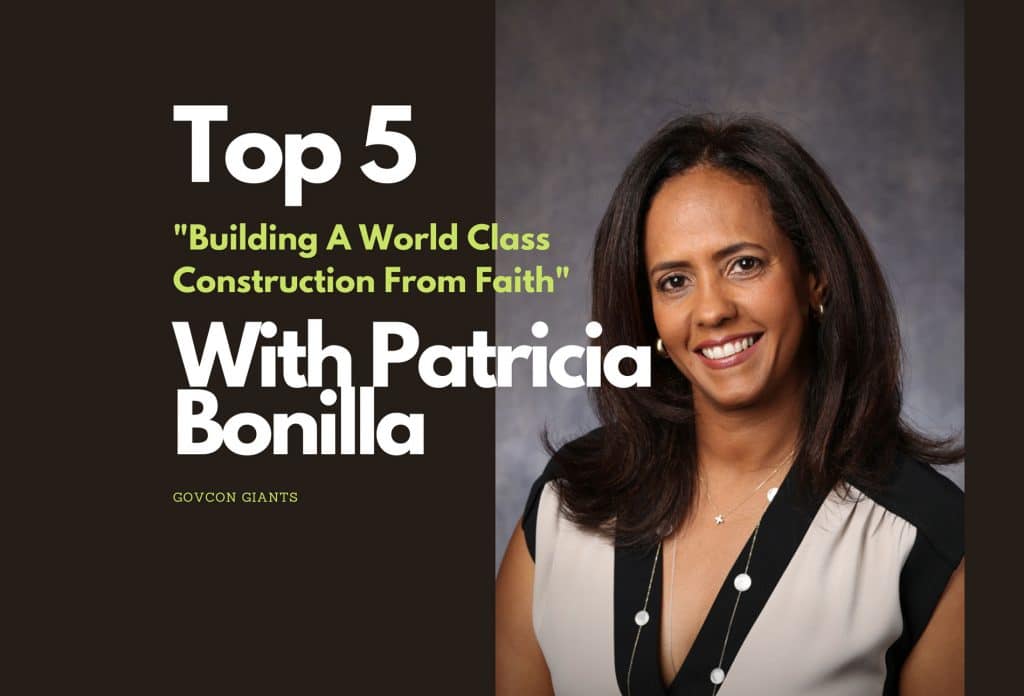

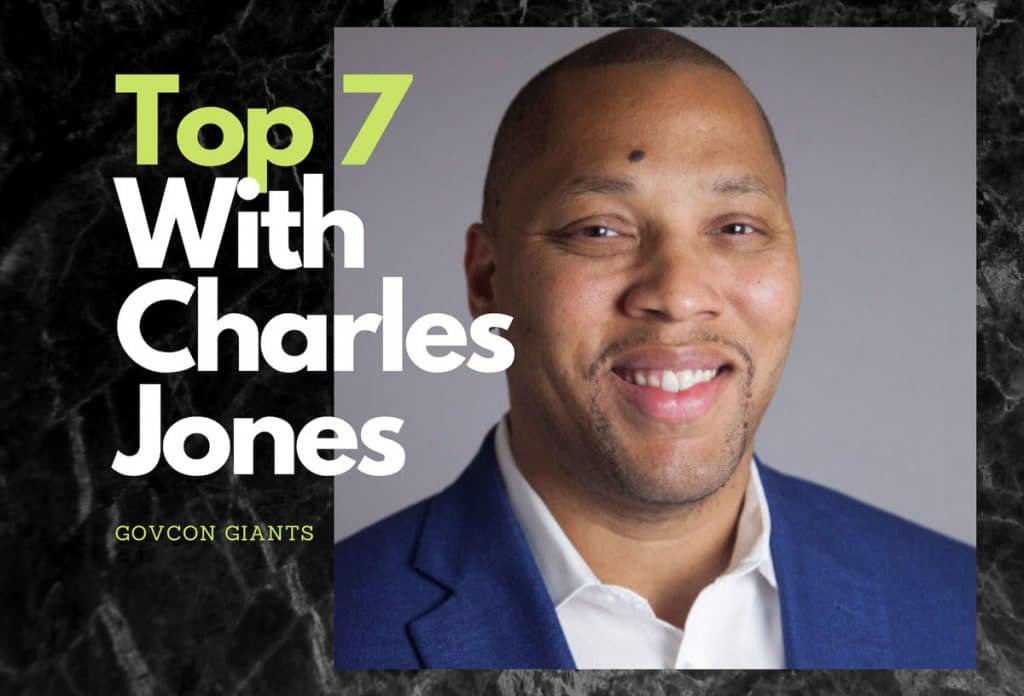

 First, let’s be clear that this rule only applies if you are the prime contractor. The rule is, as a prime contractor, if you provide a service, you must do 50% of the work. If you provide supplies, other than, “from non-manufacturer of supplies,” you also need to do 50% of the work.
First, let’s be clear that this rule only applies if you are the prime contractor. The rule is, as a prime contractor, if you provide a service, you must do 50% of the work. If you provide supplies, other than, “from non-manufacturer of supplies,” you also need to do 50% of the work.

 This is something we should all be reflecting on daily. How to evolve and adapt just as nature does. Learning, growing, analyzing, refocusing and restructuring, in order to turn things around in our lives. If you are an entrepreneur and/or will be working in federal contracting, this is key to the foundation of your business and your well-being.
This is something we should all be reflecting on daily. How to evolve and adapt just as nature does. Learning, growing, analyzing, refocusing and restructuring, in order to turn things around in our lives. If you are an entrepreneur and/or will be working in federal contracting, this is key to the foundation of your business and your well-being.